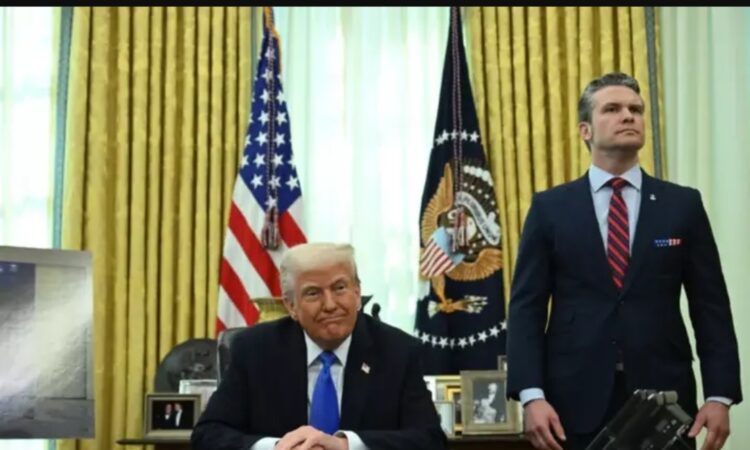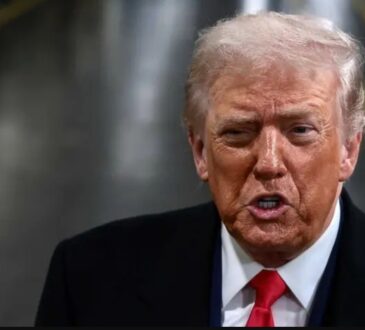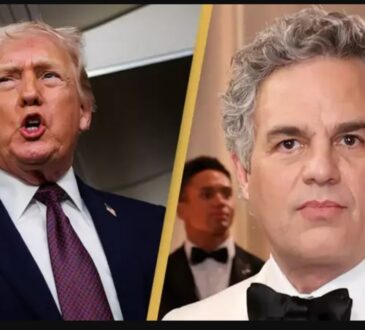
Donald Trump’s second term is barely three months old, yet already there are murmurs about his grip on power slipping – not from Democrats or legal troubles, but from within his own inner circle.
The president’s increasingly erratic behavior and controversial policy moves have some Republicans quietly eyeing Vice President JD Vance as a potential replacement should things spiral out of control.
The administration’s chaotic start has seen Trump double down on his most disruptive tendencies – reigniting trade wars with allies, abruptly halting military aid to Ukraine, and implementing hardline immigration policies that include deporting Venezuelan migrants to El Salvador. These actions, combined with growing concerns about democratic backsliding, have created an atmosphere of instability that even longtime allies find concerning.
Political observers note that Vance, despite his rapid transformation from Trump critic to loyal lieutenant, now finds himself in a unique position. The former “Never Trumper” who once compared his boss to Hitler now holds the constitutional authority to potentially remove the president under the 25th Amendment should Trump’s behavior become dangerously unpredictable. This scenario, once unthinkable, is now being quietly discussed in Washington circles as the administration lurches from one controversy to another.
The situation has drawn comparisons to historical moments of presidential crisis, with some suggesting Trump could face pressure to resign if he loses the support of key Republicans – much like Nixon during Watergate. Others point to the unprecedented discussions about invoking the 25th Amendment that occurred after January 6th as evidence that such extraordinary measures are no longer taboo in Republican politics.
What makes this potential power struggle particularly remarkable is Vance’s own ideological journey. The vice president’s willingness to completely reinvent himself politically suggests he could just as easily pivot again if circumstances demanded. Some fear that while Vance might present himself as a stabilizing force, he could ultimately prove even more effective than Trump at implementing their shared agenda through more conventional political means.
As the administration continues to test the boundaries of executive power – including recent reports of foreign academics being barred from the U.S. for private criticisms of Trump – the question hanging over Washington is no longer just about how long Trump can maintain his grip on power, but who might be waiting to pick up the pieces if he stumbles. With each passing week of turmoil, the possibility grows that Trump’s greatest challenge may come not from his enemies, but from the man he chose to stand beside him.




